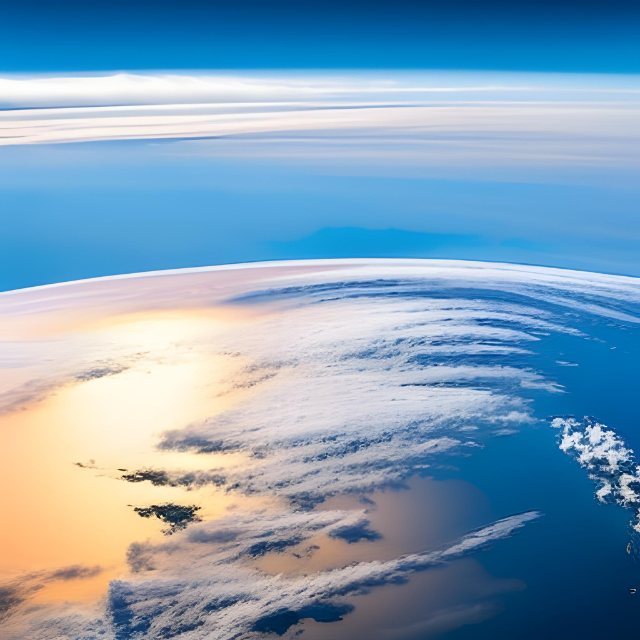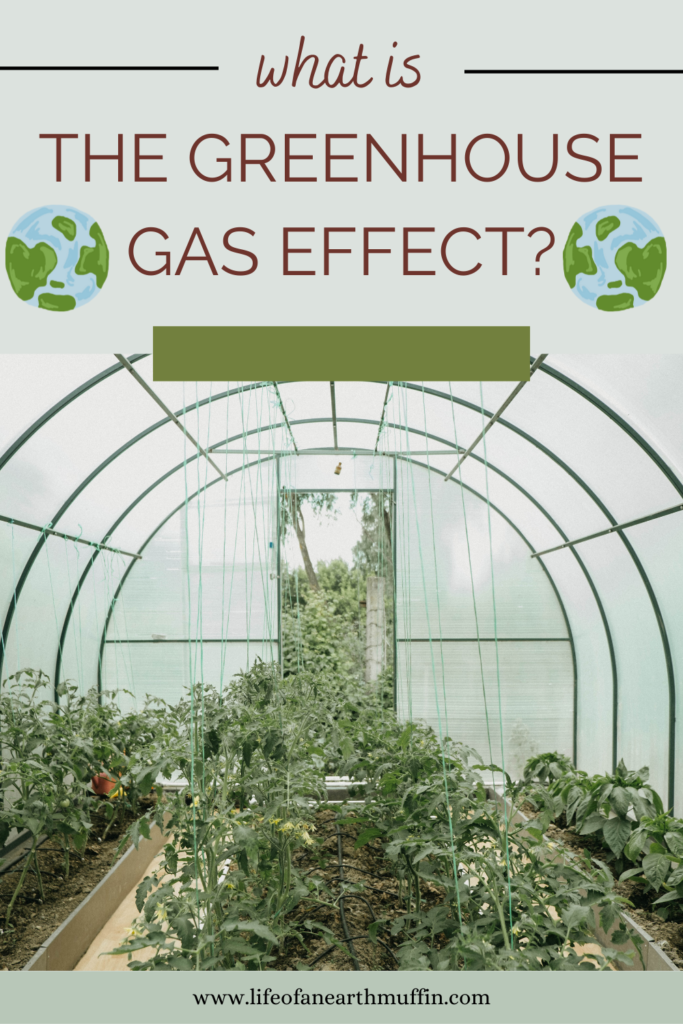Hey earth muffins! In recent years, the terms “greenhouse gas” and “greenhouse effect” have become part of our daily vocabulary, often accompanied by discussions on climate change and global warming. But what exactly do these terms mean? How do they impact the planet? In this blog post, we will explore the definitions of greenhouse gas and the greenhouse effect, unraveling the science behind these essential concepts.

What is a Greenhouse Gas?
“Greenhouse gases” are a group of naturally occurring and human-made gases that are present in the Earth’s atmosphere. What makes these gases special is their ability to trap heat from the sun, just like the glass of a greenhouse. This phenomenon is vital for maintaining a habitable climate on Earth, as it keeps the planet warm enough to support life as we know it.
The primary greenhouse gases include carbon dioxide, methane, and nitrous oxide. These gases are released into the atmosphere through various natural processes. In addition, human activities such as burning fossil fuels, agriculture, and industrial processes also contribute to adding greenhouse gases to the atmosphere.
What is the Greenhouse Effect?
The greenhouse effect is a natural process that has been occurring on Earth for billions of years. It is a complex interaction between solar radiation, the Earth’s atmosphere, and its surface. Here’s how it works:
- The sun emits energy (solar radiation), which reaches the Earth’s surface.
- Some of this solar radiation is absorbed by the Earth’s surface, warming it. The warm surface then emits heat in the form of infrared radiation.
- Greenhouse gases in the Earth’s atmosphere absorb some of the outgoing infrared radiation. This absorption prevents a significant amount of heat from escaping back into space.
- The absorbed heat is re-emitted in all directions, including back towards the Earth’s surface. This trapped heat warms the lower atmosphere and the Earth’s surface, maintaining a stable and habitable climate.
Without this effect, our planet would be much colder, making it unable to support life. However, human activities have significantly altered the natural balance of greenhouse gases in the atmosphere. The burning of fossil fuels, deforestation, etc. have released large amounts of greenhouse gases (particularly carbon dioxide and methane). As a result, the concentration of these gases in the atmosphere has increased dramatically since the industrial revolution.
What’s So Bad About the Greenhouse Effect?
The excess greenhouse gases in the atmosphere have intensified the natural greenhouse effect, leading to global warming and climate change. The increased warming of the planet has far-reaching consequences such as rising sea levels, more frequent and severe extreme weather events, disruptions in ecosystems, etc.

Through collective efforts and individual actions, we can work towards a more sustainable future, ensuring that the beauty and biodiversity of our planet are preserved for generations to come. Embracing the science of greenhouse gases empowers us to become stewards of the Earth, advocating for a healthier and more balanced environment for all living beings. How do you help reduce the greenhouse gas effect?
Love,
Jenna ♥
